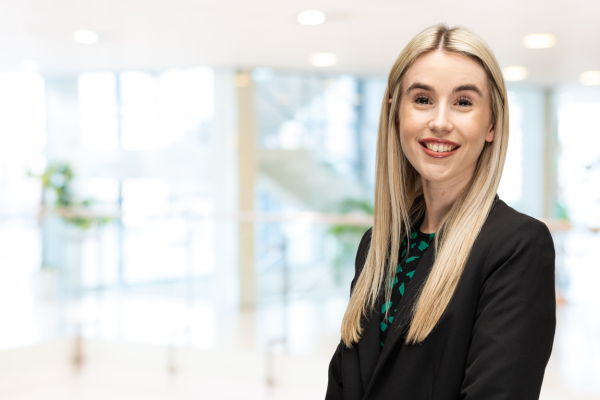As a large number of incidents of domestic abuse take place within the home, the evidence available to victims is limited. With a significant increase in accessible video and audio recording software through smart devices, the issue of using such recordings as evidence is one which is becoming more prevalent to the Court in recent years. At present, there is limited official guidance as to the use of such evidence within proceedings, but existing principles regarding the admissibility of evidence under the Family Procedure Rules still apply.
Topics to be answered in this article
Is it legal to record someone else without their permission?
Unless the recordings are made out of a fear for immediate safety, permission should always be obtained before making any recordings of another person. Recordings should never be made in a sexually explicit context without the clear consent of all parties involved. Recordings made without the knowledge or permission of the other party involved, are commonly referred to as Covert Recordings.
What about recordings that attempt to prove domestic abuse?
When attempting to establish whether an incident did or did not take place, video or audio evidence can be a helpful tool. However, the family courts are much more persuaded by evidence from third-parties such as the police; children’s services or reports made to GPs. Therefore, all incidents should be reported to them as a matter of priority although it is widely accepted that not all victims of abuse are able or feel able to do so.
When might covert recordings be admissible as evidence?
The family courts are hesitant to permit covert recordings into proceedings as evidence. As covert recordings are usually taken by one party with the intention of being used to disprove an allegation of the other, they are not neutral sources which the Court can absolutely rely on. The Court can have concerns about who produces covert recordings as this can be seen as a means of continuing coercive control, or not being child-focused where the proceedings are involving children.
What are the pitfalls of covert recording?
The main drawback of using video or audio recordings as evidence is that they are highly contextual. If a person is making a recording with the intention of submitting it as evidence, then it is only going to show a specific moment in time and not include any surrounding context. For this reason, the Court is sceptical of recordings made by individuals rather than independent recordings such as CCTV footage or ring doorbells.
If a recording was made through covert means such as through a bug planted in a home, or in a child’s toy, or an audio recorder planted on a child, then the person who made the recording is likely to be subject to scrutiny by the Court for this. This type of behaviour is generally not accepted in the family Court and can demonstrate ongoing coercive and controlling behaviour.
What is the best way to go about recording?
As stated above, doorbell footage can be a useful tool for proving or disproving allegations. Cation should be used with recordings that are not taken in your own home or where you are not present. Any incidents of domestic abuse should be reported to the police as first priority. If you are in family court proceedings, any evidence regarding these incidents should be disclosed to the Court at the earliest opportunity. The admissibility of the recordings is highly dependent upon a number of considerations such as what the recordings demonstrate, and how they were made. Independent legal advice should be taken with regards to individual recordings.
How can Goughs help?
If you are concerned that you, or somebody that you know may be experiencing domestic abuse, we offer a free 30 minute confidential consultation to advise on the protective options available and provide the necessary guidance in these difficult times. Having expert domestic abuse legal advice can alleviate uncertainty as to what to do next and signpost victims to additional resources which they may find helpful.






